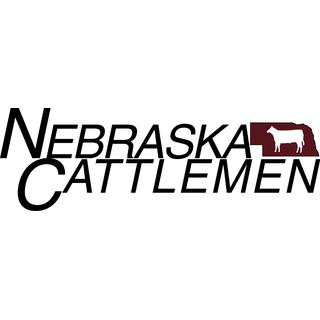When Duane and Nancy (Malmsten) Pelster married in 1961, they began ranching with Nancy’s father Marden, who shared their focus on the value of the land.
Marden's belief was, “If you’re good to the land, the land will be good to you and future generations.”
Marden, and his father Carl, were determined to preserve the natural integrity of the ranch from its beginning in 1934. Years later, Duane and Nancy leased and then assumed ownership of the ranch along the Cedar River. This landscape in the Nebraska Sandhills is one of the most fragile and ecologically unique landscapes in the world.
Duane’s ongoing development of a management plan has increased livestock profitability and land health simultaneously. He is committed to responsible, sustainable land management and is recognized as helping to pioneer the use of rotational grazing in the area. The Pelsters’ moderate and steady approach to grazing has resulted in overall good plant health across the ranch, especially during extended periods of drought.
Through the rest-rotation grazing plan and on-going cedar and weed control, grass health has increased and wildlife have thrived. Prairie chickens, deer, duck and geese abound on the ranch in addition to a pond with a family of otters. The practice of leaving standing grass for nesting and fawning has also enabled limited sustainable hunting on the ranch.
Pelster Ranch
Over the years, the Pelsters have reduced the risk of soil damage and made conditions better for livestock and wildlife by installing over 25 miles of pipeline. Nearly 80,000 coniferous trees have been planted to provide shelterbelts and windbreaks on the ranch. To benefit water quality, Duane decommissioned 27 wells and made a special effort to maintain healthy stands of riparian vegetation along the entire length of the Cedar River on the ranch.
Duane and Nancy’s desire for the land stay in production drives their practices and decisions. Thanks to their commitment, dedication and vision, their goal of seeing the next generation enter and succeed in ranching is on the way to becoming reality, as their children and grandchildren are now involved in the operation.
“Duane’s conservation ethic has resulted in high quality grassland habitat across the entire ranch,” said Kyle Graham of the U.S. Fish and Wildlife Service. “This management model is now emulated by area landowners seeking the same results.”








